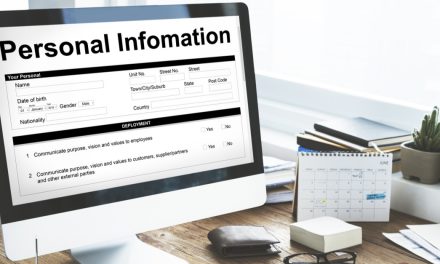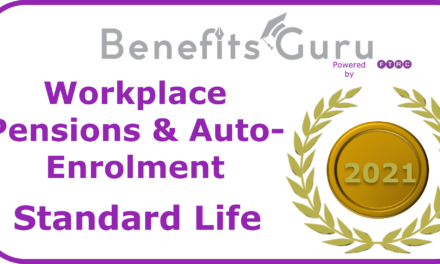The COVID-19 pandemic has prompted many businesses to look closely at how they run their operations. Now that employers have resumed paying pension contributions for staff on furlough, they may want to review their current pension arrangements as part of a broader analysis of whether they are getting what they need from suppliers.
Our data on the products and services offered within the workplace pension market can provide a talking point for advisers who want to compare what is available to their corporate clients from different providers.
A quick scan of the table shows that 10 propositions provide the full range of products, from group personal pensions (GPPs) to trustee buy-out plans. At the other end of the spectrum, some providers are specialists in one or two product areas. For example, Hargreaves Lansdown specialises in group self-invested personal pensions, while NEST and Salvus are specialists in master trusts.

GPPs and master trusts are the most common type of offering and they have very different legal structures. A GPP is a contract-based scheme as it is essentially where an employer contracts a pension provider to run a group of individual pension plans for their employees. A master trust differs in that the scheme is established as a trust, so it is governed by trustees and can be used by two or more different employers.
As a specialist in the group SIPP market, Hargreaves Lansdown is the only firm in the table that does not have a GPP or a master trust.
The least common product is the trustee buy-out plan, which is available through 13 of the 21 propositions listed. This is a type of bulk pension transfer used by employers and trustees to wind-up company schemes. It is a more specialist part of the workplace pensions market, which probably means fewer companies will offer it.
There are three options that workplace pension providers can offer employees at retirement. One is flexi-access drawdown, which gives employees access to their pension from age 55, while allowing them to decide how the rest is invested.
NEST is the only provider that doesn’t offer flexi-access drawdown, however; this is not what NEST is required to do. NEST was established by the Government following Pensions Act 2008 and the introduction of Auto-Enrolment in order to ensure that every employer can have access to a workplace pension scheme that meets Auto-Enrolment needs. Although the other providers offer flexi-access drawdown, just seven do so online.
The picture is slightly different for annuities, where pension savings are used to buy a guaranteed income for the rest of an employee’s life.
Withdrawals from pension funds that have not been used for drawdown or buying an annuity are called an uncrystalised funds pension lump sum. Our data shows that all propositions offer this option and the majority do so online. There are three propositions – Aegon (Master Trust), Hargreaves Lansdown and Salvus – that offer all ‘at retirement’ options online.
Pensions are not the only way that employees can be encouraged to save through the workplace. There are also workplace ISAs, lifetime ISAs (LISAs) and guaranteed investment accounts (GIAs), as our table shows.
What is striking is that only one provider – Hargreaves Lansdown – offers LISAs. In contrast, workplace Isas and GIAs are more popular among providers. Only six propositions do not provide access to workplace ISAs and five do not provide GIAs.
Most propositions offering access to workplace ISAs process contributions through a single payroll deduction, which would appear nice and simple to members. However, fewer providers do this in relation to GIAs even though there are slightly more providers offering them.
Although Nest do not offer any of the non-pension savings vehicles referenced they do have their ‘Sidecar Savings’ model, which means where contributions are made over and above the minimum Auto-Enrolment requirements the additional funds are distributed between an emergency savings account and the pension pot. Once the emergency cash fund has reached its required level, all funds are then applied to the pension. The emergency cash fun can be accessed by the member at any point if they find themselves in times of financial hardship.

The wellbeing of employees is something that many employers have become involved in and its importance has perhaps never been greater. The government-imposed lockdowns in response to COVID-19 has put a greater strain on the nation’s wellbeing, as employees have faced isolation from loved ones, salary reductions due to furlough or reduced working hours, and the challenges of home schooling while working from home.
Looking at the workplace pensions market, most providers offer some sort of wellness service, however these do vary greatly. All focus on financial wellness, perhaps because it is within their remit as financial services firms.
Ten propositions offer physical and mental wellness and of these, two – Legal & General and Legal & General (Master Trust) – do not provide social wellness support as well. This is perhaps a reflection of the way that physical and mental health tend to dominate perceptions of wellness in society as a whole.

We have spent a lot of time looking at what pension providers can offer as part of their financial wellness offering and there will be a series of insights exploring this in the coming weeks.







